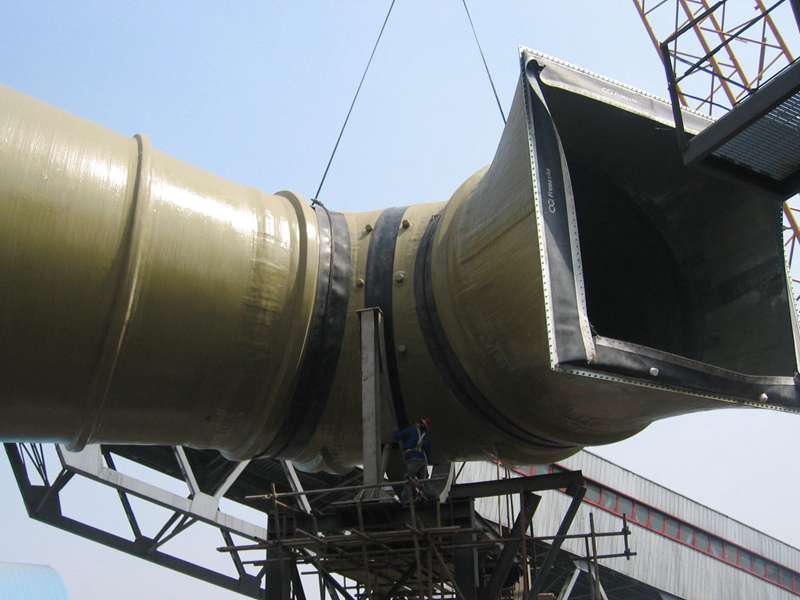
-
 Afrikaans
Afrikaans -
 Albanian
Albanian -
 Amharic
Amharic -
 Arabic
Arabic -
 Armenian
Armenian -
 Azerbaijani
Azerbaijani -
 Basque
Basque -
 Belarusian
Belarusian -
 Bengali
Bengali -
 Bosnian
Bosnian -
 Bulgarian
Bulgarian -
 Catalan
Catalan -
 Cebuano
Cebuano -
 China
China -
 China (Taiwan)
China (Taiwan) -
 Corsican
Corsican -
 Croatian
Croatian -
 Czech
Czech -
 Danish
Danish -
 Dutch
Dutch -
 English
English -
 Esperanto
Esperanto -
 Estonian
Estonian -
 Finnish
Finnish -
 French
French -
 Frisian
Frisian -
 Galician
Galician -
 Georgian
Georgian -
 German
German -
 Greek
Greek -
 Gujarati
Gujarati -
 Haitian Creole
Haitian Creole -
 hausa
hausa -
 hawaiian
hawaiian -
 Hebrew
Hebrew -
 Hindi
Hindi -
 Miao
Miao -
 Hungarian
Hungarian -
 Icelandic
Icelandic -
 igbo
igbo -
 Indonesian
Indonesian -
 irish
irish -
 Italian
Italian -
 Japanese
Japanese -
 Javanese
Javanese -
 Kannada
Kannada -
 kazakh
kazakh -
 Khmer
Khmer -
 Rwandese
Rwandese -
 Korean
Korean -
 Kurdish
Kurdish -
 Kyrgyz
Kyrgyz -
 Lao
Lao -
 Latin
Latin -
 Latvian
Latvian -
 Lithuanian
Lithuanian -
 Luxembourgish
Luxembourgish -
 Macedonian
Macedonian -
 Malgashi
Malgashi -
 Malay
Malay -
 Malayalam
Malayalam -
 Maltese
Maltese -
 Maori
Maori -
 Marathi
Marathi -
 Mongolian
Mongolian -
 Myanmar
Myanmar -
 Nepali
Nepali -
 Norwegian
Norwegian -
 Norwegian
Norwegian -
 Occitan
Occitan -
 Pashto
Pashto -
 Persian
Persian -
 Polish
Polish -
 Portuguese
Portuguese -
 Punjabi
Punjabi -
 Romanian
Romanian -
 Russian
Russian -
 Samoan
Samoan -
 Scottish Gaelic
Scottish Gaelic -
 Serbian
Serbian -
 Sesotho
Sesotho -
 Shona
Shona -
 Sindhi
Sindhi -
 Sinhala
Sinhala -
 Slovak
Slovak -
 Slovenian
Slovenian -
 Somali
Somali -
 Spanish
Spanish -
 Sundanese
Sundanese -
 Swahili
Swahili -
 Swedish
Swedish -
 Tagalog
Tagalog -
 Tajik
Tajik -
 Tamil
Tamil -
 Tatar
Tatar -
 Telugu
Telugu -
 Thai
Thai -
 Turkish
Turkish -
 Turkmen
Turkmen -
 Ukrainian
Ukrainian -
 Urdu
Urdu -
 Uighur
Uighur -
 Uzbek
Uzbek -
 Vietnamese
Vietnamese -
 Welsh
Welsh -
 Bantu
Bantu -
 Yiddish
Yiddish -
 Yoruba
Yoruba -
 Zulu
Zulu
PVC FRP Tank Solutions for Durable and Lightweight Storage Applications
Understanding PVC and FRP Tanks An Overview
When it comes to storage solutions for various liquids, two materials stand out for their durability, corrosion resistance, and versatility PVC (Polyvinyl Chloride) and FRP (Fiberglass Reinforced Plastic). This article explores the characteristics, advantages, and applications of PVC and FRP tanks, highlighting their importance in industrial and commercial sectors.
What are PVC and FRP Tanks?
PVC tanks are made from Polyvinyl Chloride, a synthetic plastic polymer widely used for its strong yet flexible attributes. They are known for being lightweight, resistant to chemicals, and relatively cost-effective. PVC tanks are often used in situations where chemical storage is required but where safety and cost are also significant considerations.
FRP tanks, on the other hand, are constructed with fiberglass reinforced plastic, which combines a resin with glass fibers, enhancing both strength and rigidity. This composite material offers exceptional resistance to a variety of corrosive substances, making FRP tanks ideal for harsher environments where chemical exposure is more likely.
Benefits of PVC Tanks
1. Cost-Effectiveness One of the primary advantages of PVC tanks is their lower cost compared to other materials, making them a preferred choice for many small to medium-sized businesses and applications.
2. Chemical Resistance PVC tanks exhibit impressive resistance to a wide range of chemicals, including acids and bases, making them suitable for various storage needs in laboratories, agricultural settings, and industrial applications.
3. Lightweight The lightweight nature of PVC facilitates easier installation and maintenance. Moving or repositioning the tanks does not require heavy machinery, which can save on labor and additional operational expenses.
4. Environmental Friendliness PVC is recyclable, allowing for a more sustainable approach to waste management when the tanks reach the end of their lifespan.
Advantages of FRP Tanks
1. Durability FRP tanks are incredibly durable and capable of withstanding high pressures, making them a reliable option for storing liquids under challenging conditions.
pvc frp tank

2. Superior Corrosion Resistance The reinforced structure of FRP tanks makes them resistant to corrosion caused by both chemicals and environmental factors, allowing for long service life with minimal maintenance.
3. Temperature Resistance FRP tanks can tolerate extreme temperatures, making them suitable for a variety of applications, including outdoor installations that face temperature fluctuations.
4. Customizability FRP can be molded into various shapes and sizes, which means that tanks can be tailored to meet specific needs and fit unique installation spaces.
Applications of PVC and FRP Tanks
Both PVC and FRP tanks find utility across a wide range of industries
- Water Treatment PVC tanks are often used for water storage and treatment applications due to their resistance to harmful substances and ease of maintenance. Conversely, FRP tanks are favored for treatment processes requiring higher durability.
- Agriculture In agriculture, both types of tanks are used for storing fertilizers and chemicals. Their chemical resistance ensures the safe storage of potentially hazardous materials.
- Chemical Processing Industries involved in chemical manufacturing frequently utilize FRP tanks to store hazardous chemicals, with their superior resistance to corrosive environments making them an essential choice.
- Waste Management Both tank types can be employed in waste management systems, with FRP tanks being especially useful for storing toxic or hazardous waste.
Conclusion
In the ever-evolving landscape of storage solutions, PVC and FRP tanks provide flexible, durable, and cost-effective options for various applications. Understanding the benefits and uses of each type of tank can help businesses make informed decisions tailored to their specific needs. As industries continue to grow and adapt, these materials will remain crucial players in ensuring safe and efficient storage of liquids across various sectors.









